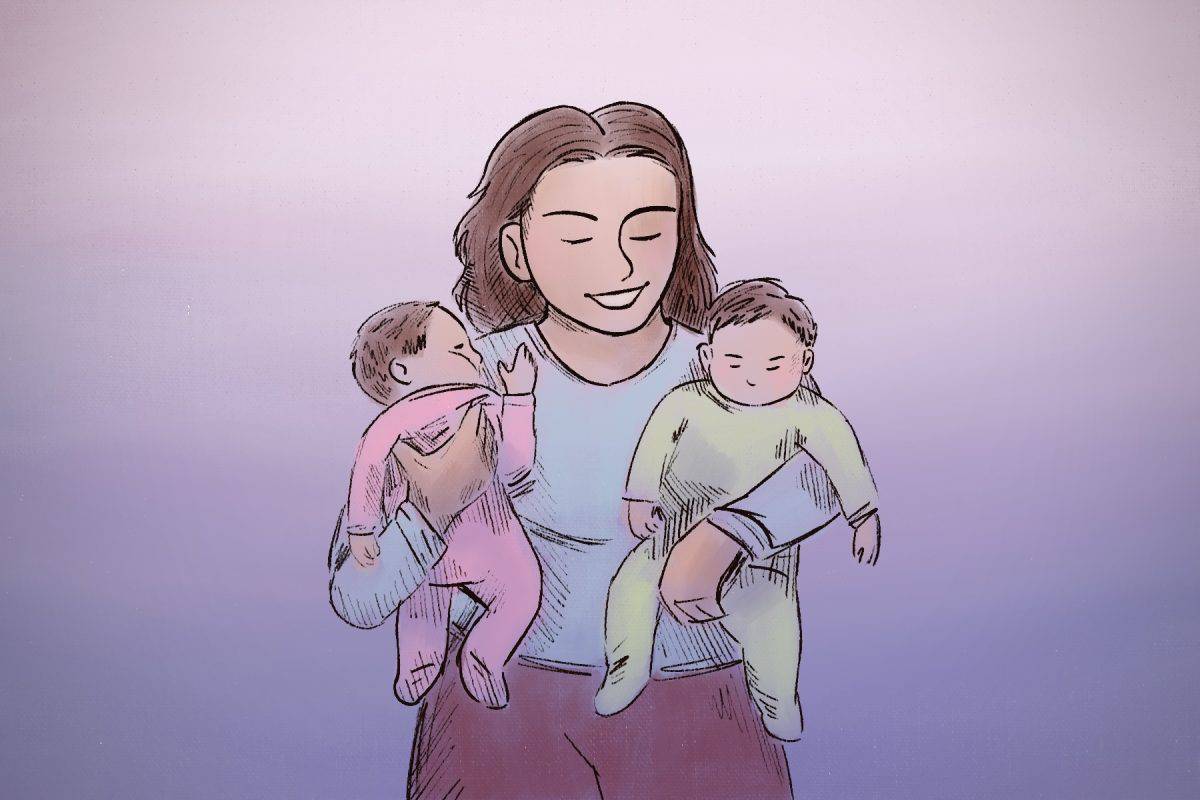In the wake of the U.S. Supreme Court’s controversial 2022 decision ending the constitutional right to abortion, Alabama’s Supreme Court has issued a ruling that represents an unprecedented and deeply regressive step in the battle for reproductive justice. On Feb. 16, the court, under the guidance of Chief Justice Tom Parker, issued a startling ruling that classifies embryos created through in vitro fertilization as babies.
This decision, based on a case where frozen embryos were accidentally destroyed, has opened a Pandora’s box of legal and moral questions.
Parker’s words added a dramatic twist as he intertwined religious beliefs with the court’s decision, speaking of the “wrath of God” and saying that from the moment of conception, every human being is made in his image. By citing Scripture and suggesting that the laws of Alabama should reflect these biblical principles, the court has blurred the lines between church and state — a principle that the founders of the United States insisted on.
Therefore, this ruling, emerging from a complex web of legal, ethical and political debates, marks a significant moment in the ongoing battle over reproductive rights. It’s a move that has not only ignited a firestorm of debate across the nation but also positioned Alabama at the forefront of a contentious issue with far-reaching implications.
As an advocate deeply invested in the cause of Planned Parenthood Generation Action, I find it crucial to peel back the layers of this decision, to understand its roots, and to consider its impact on our collective future.
This ruling didn’t appear in a vacuum. It’s the product of years of escalating tensions around reproductive rights, framed by a broader national conversation that’s becoming increasingly polarized.
Once again, Alabama, a state with a history of stringent abortion laws, has positioned itself as a battleground state in the critical fight for reproductive autonomy. The decision to classify IVF embryos as children is part of a larger, more alarming trend toward limiting reproductive freedoms that challenges the very foundations of personal agency and medical ethics.
Moreover, this ruling has grave implications, especially for marginalized communities, including people of color and members of the LGBTQ+ community, who face systemic oppression and barriers daily in Alabama. It exacerbates their struggles, making the dream of parenthood through IVF an even more distant reality, underscoring the ruling’s inherent inequality and discrimination.
The repercussions of this ruling extend far beyond the borders of Alabama, threatening to reshape the landscape of reproductive rights across the United States, so it is essential to understand the broader context of this decision. It’s a reflection of a deeply divided nation, where the battle lines over reproductive rights are drawn not just in courtrooms and legislatures but also in our communities.
This ruling is a clarion call, a reminder of the stakes involved in the fight for reproductive freedom and the need for a unified response.
Following a massive public backlash, the Alabama Legislature’s response to this ruling is telling. In an acknowledgment of the ruling’s overreach, propelled by protests from thousands within Alabama and nationwide, a bill has been swiftly passed and signed by Gov. Kay Ivey. This legislation ensures that there will be no prosecution or lawsuits for damages involving embryos used in IVF treatments, signaling a legislative counteraction to the court’s decision.
Hence, this article is not just a critique, but a rallying cry. It’s a call to recognize the profound implications of this ruling, to stand together in defense of reproductive rights, and to take action to ensure that personal freedoms are protected and upheld. It’s a call to remember the human stories behind the legal debates, the dreams of family and parenthood that are at stake, and the importance of choice in shaping our futures.
As we navigate the complexities of this moment, let’s draw on our collective strength and determination. Let’s educate ourselves and others about the nuances of IVF and the significance of reproductive freedom. Let’s support organizations like Planned Parenthood, the Yellowhammer Fund and the American Civil Liberties Union, which are fighting tirelessly on the front lines of this battle.
Let us champion change, confront policies that jeopardize our freedoms, and cultivate spaces for dialogue and solidarity. By sharing our stories and experiences, we wield the power to effect change.
This is more than a legal debate; it’s a matter of personal freedom, ethics and the inalienable right to choose our paths in life.
In the face of adversity, let us unite in action and advocacy, reaffirming our unwavering commitment to reproductive rights as fundamental human rights. Together, we can turn the tide and ensure a future where personal choice and autonomy are respected and protected for all.
Aria Lawrence is a sophomore studying fashion retailing and Spanish. They are the communications director for the UA chapter of Planned Parenthood Generation Action and a member of the Achieve Scholars Program at the UA Honors College.









